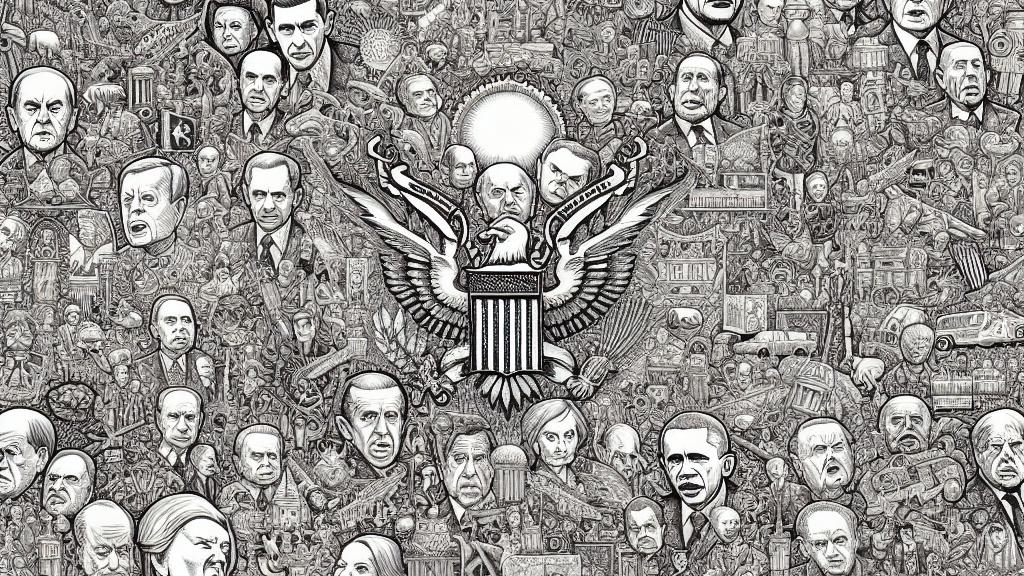Concerns Over Pete Hegseth's Tattoos and Right-Wing Associations
Overview
- Pete Hegseth, nominated for Secretary of Defense, has tattoos that spark controversy.
- His 'Deus Vult' and Jerusalem Cross tattoos alarm some, suggesting extremist affiliations.
- Despite claiming religious meanings, experts warn these symbols reflect troubling ideologies.

The Warning Signs
Pete Hegseth's recent nomination as Secretary of Defense has brought his tattoos into the public eye, igniting significant debate. The 'Deus Vult' tattoo, which means 'God wills it,' is particularly contentious. On January 14, 2021, Master Sergeant DeRicko Gaither voiced concerns about this tattoo, citing it as a potential indicator of an insider threat. In a time when security in Washington D.C. was paramount following the January 6 Capitol riots, Gaither's apprehension reflects a deep-seated fear that such symbols might align with extremist views. This wasn’t just a casual observation; it illuminated the fear that someone's deeply held beliefs could pose a risk at a time when national security was under the microscope. Thus, the decision to flag Hegseth prompted broader discussions regarding who is deemed fit to hold power during such sensitive periods.
Understanding the Symbols
Hegseth’s tattoos are more than mere expressions of personal faith; they carry historic and cultural implications that demand careful scrutiny. The phrase 'Deus Vult,' aside from its inherent religious connotation, has troubling associations with the Crusades—a period marked by violent struggles over religious territory. Meanwhile, the Jerusalem Cross, while traditionally a Christian symbol, has been appropriated by some extremist groups to symbolize a fight for a 'pure' version of Christianity. For example, during various far-right rallies, these symbols have been brandished as justifications for aggressive stances against perceived threats. Hegseth insists these tattoos merely reflect his Christian faith. However, the persistent skepticism surrounding these symbols raises pivotal questions about how such affiliations could be perceived as endorsement of radical ideology. In today’s polarized atmosphere, it’s crucial to understand whether Hegseth inadvertently fosters a narrative that could resonate dangerously with extremist factions.
Contextualizing the Extremism
The current socio-political environment in America is fraught with tensions, particularly regarding the resurgence of far-right extremism—a fact that cannot be ignored in light of Hegseth's rising prominence. Law enforcement agencies have flagged these extremist movements as a primary domestic threat, with the FBI reporting a worrying spike in arrests for ideologically motivated violence. In particular, the events on January 6 serve as a stark reminder of how rhetoric can incite action; symbols akin to Hegseth's have been seen as rallying points for extremists. Reflecting on these dynamics, Hegseth's advocacy for a 'modern-day American Christian crusade' warrants careful examination. Could his beliefs inadvertently become a catalyst for division rather than unity? As society grapples with these questions, understanding the implications of these ideologies is crucial for navigating a path toward healing in a deeply divided nation.

Loading...